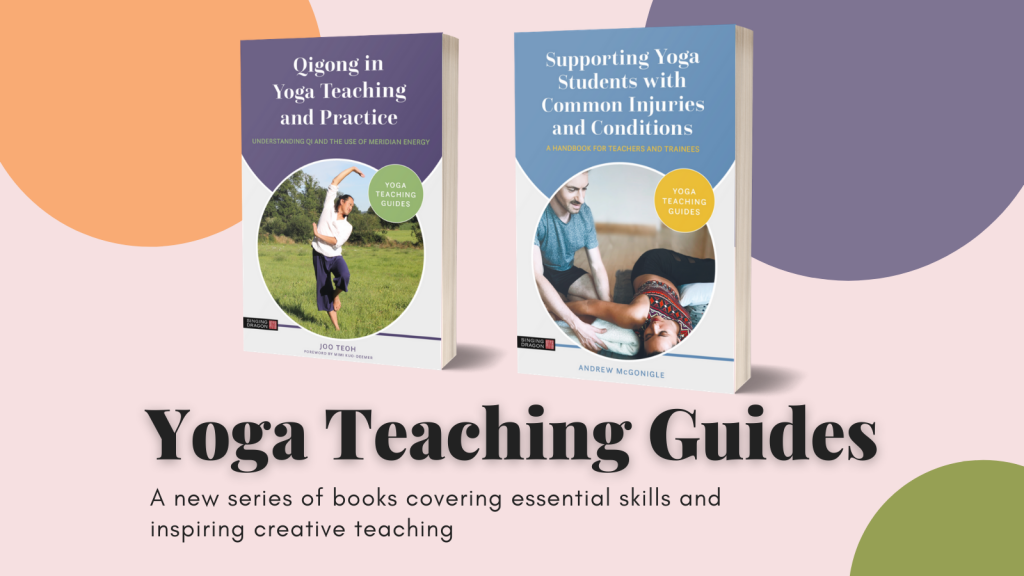
Singing Dragon’s Yoga Teaching Guides is a new series of books, launching in March 2021. Edited by Sian O’Neill and written by renowned experts in the field, the books in the series cover essential skills as well as providing inspiration for creative yoga teaching, both for the new and the experienced yoga teacher. In this short piece, hear from series editor Sian as she introduces some of the upcoming books and talks about her inspiration behind the series. Join our mailing list to be kept up to date with new releases!
As a yoga teacher, I’m always on the lookout for inspiration and ideas to help improve my classes for students and I have a feeling I am not alone. It can be challenging to come up with varied, interesting (and safe) classes week after week – so practical tips from highly experienced and inspiring teachers are always appreciated.
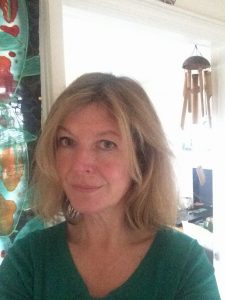
Sian O’Neill
Following the successful launch of the Yoga Teaching Handbook, it became clear that there is an interest among yoga teachers and trainees in practical tips to enrich their teaching. So, I was thrilled when Singing Dragon asked me to be editor for a new series aimed at yoga teachers, Yoga Teaching Guides, and we are delighted to be launching a series of volumes on topics ranging from supporting injured students; yoga and qigong; developing a home practice; the art of theming, and yoga and Ayurveda – with more to follow. Continue reading
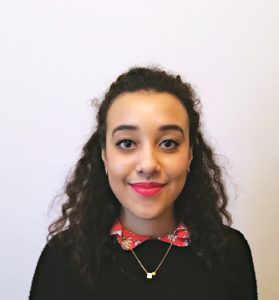
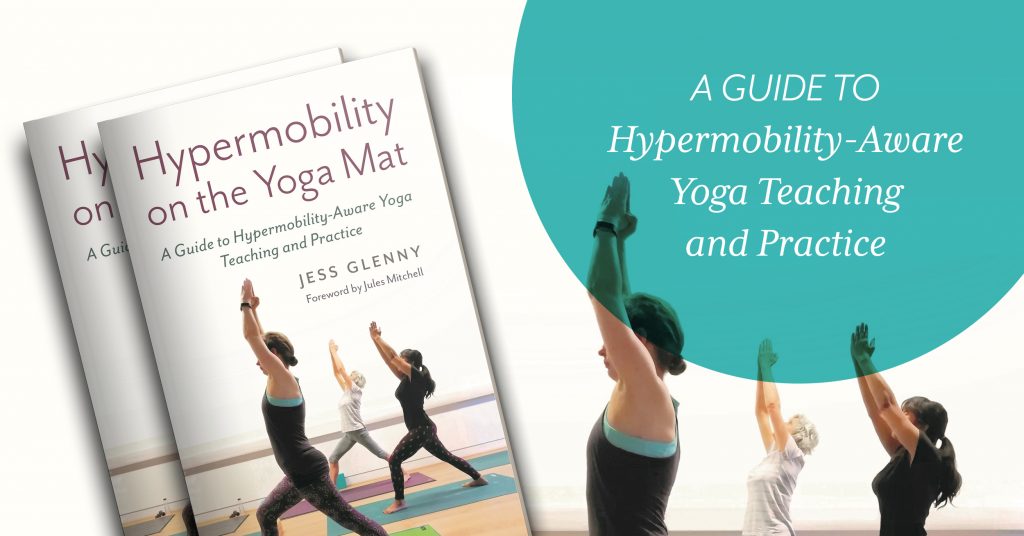
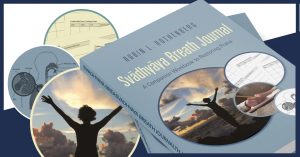 Singing Dragon was proud to publish Restoring Prana: A Therapeutic Guide to Pranayama and Healing Through the Breath for Yoga Therapists, Yoga Teachers, and Healthcare Practitioners by Robin Rothenberg in December 2019, to critical acclaim. We are therefore delighted to announce that
Singing Dragon was proud to publish Restoring Prana: A Therapeutic Guide to Pranayama and Healing Through the Breath for Yoga Therapists, Yoga Teachers, and Healthcare Practitioners by Robin Rothenberg in December 2019, to critical acclaim. We are therefore delighted to announce that 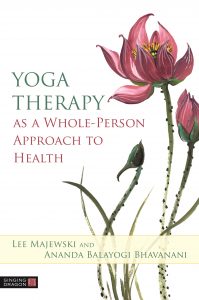
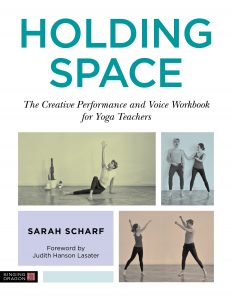
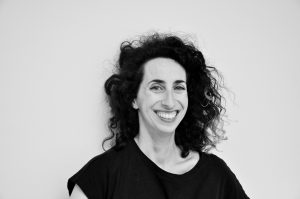 Sarah Scharf, MFA is a yoga teacher, author of the upcoming book,
Sarah Scharf, MFA is a yoga teacher, author of the upcoming book, 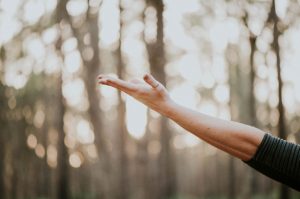
 Robin Rothenberg, author of
Robin Rothenberg, author of